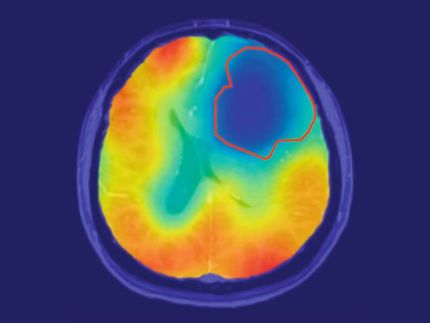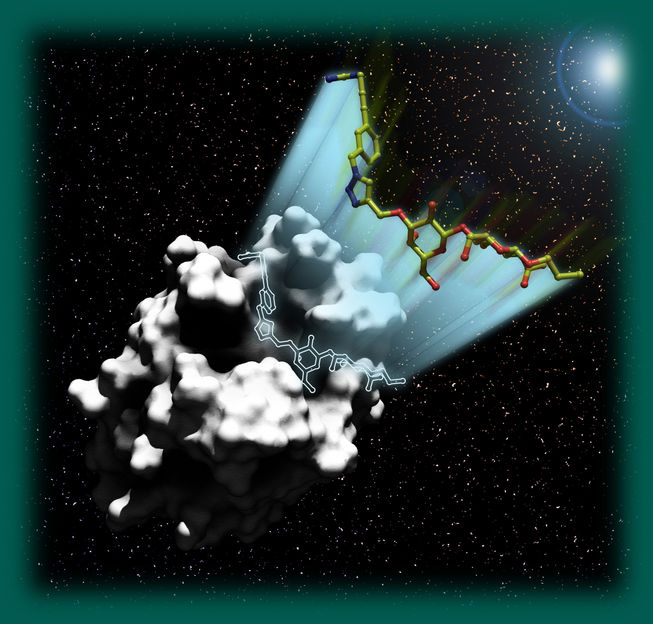Siemens and Biogen cooperate
Siemens Healthineers and Biogen announce agreement to jointly develop new MRI tools for multiple sclerosis
Advertisement
Siemens Healthineers and Biogen announced that the companies plan to jointly develop magnetic resonance imaging (MRI) applications with the intent of quantifying key markers of multiple sclerosis (MS) disease activity and progression. Siemens Healthineers aims to enable healthcare providers to meet their current challenges and excel in their respective environments. To execute this strategy in the field of neurology, Siemens Healthineers will cooperate with Biogen and contributes its strength in medical imaging.
"By bringing together the shared expertise of both Siemens Healthineers and Biogen in imaging and neurology, respectively, we seek to develop new measurement tools that meet the particular technical challenges of MS," says Dr. Christoph Zindel, Senior Vice President of Magnetic Resonance Imaging at Siemens Healthineers. "Our shared goal is to create a solution that can be integrated into the existing radiology workflow, so it can become a seamless part of routine care – delivering new and valuable information to treating neurologists, without increasing the cost or burden on the healthcare system."
MRI is routinely used to support physicians in diagnosing MS, measuring disease activity and monitoring response to therapy. Clinicians qualitatively evaluate MRIs by comparing the current MRI to the previous MRI. Numerous studies have demonstrated that quantitative MRI measures may provide additional information about disease prognosis and therapeutic effect, but today quantitative measurement techniques with the precision and sensitivity required for MS are typically only available in the research setting. With the development and validation of automated MRI applications to quantify key markers of MS, including new T2 lesions and brain atrophy, patients could benefit from the availability of enhanced data at the point of care.
"Biogen believes that the availability of high-quality, standardized data at the point of care can lead to a deeper understanding of MS, more informed treatment decisions and, ultimately, improved patient outcomes" says Richard Rudick, MD, Vice President Development Sciences, Biogen. "We also recognize that the ability to generate research-quality data in the course of routine clinical practice can unlock the potential of the health care system to move towards precision medicine."

























































